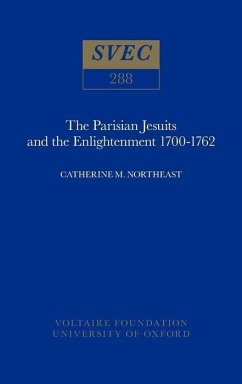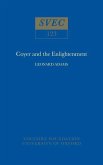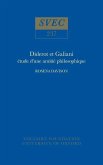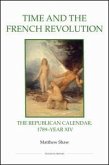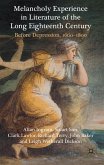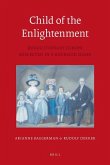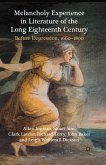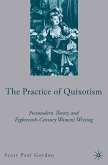One of the most fruitful developments in Enlightenment historiography in recent years has been an increased awareness of the social conditions of intellectual activity. Studies of 'reading, writing and publishing' in eighteenth-century France have emphasised the shared ground between Catholics and non-Catholics by casting the philosophes in a conservative light as would-be infiltrators of existing cultural institutions. Members of the 'patrician' Enlightenment like Voltaire, Montesquieu or Diderot shared with Catholic writers common publishing constraints, common personal aspirations and, above all, common notions of the cultivated audience they wished to address. The first chapter seeks to situate the Jesuit hommes de lettres within their social environment, the literary and journalistic milieux of Paris, to consider the assumptions which governed their literary relations and to examine the limits of mutual toleration between the Society of Jesus and anti-Christian writers. This forms the essential background for the more conventional history of ideas which follows. The three central chapters, on philosophy, criticism, and the treatment of pagan religions, focus on the actual nature of Enlightenment irreligion. The aim is neither to provide a comprehensive survey of Jesuit thought in these areas nor simply to catalogue the Society's 'response' to the philosophes, but rather to isolate key problems which arose for the Jesuits in their account of Christianity. Judging from the Jesuit experience, should eighteenth-century Catholic thought best be conceived as a fixed orthodoxy or as the result of a complex process of intellectual change and readjustment involving both Christians and unbelievers?

